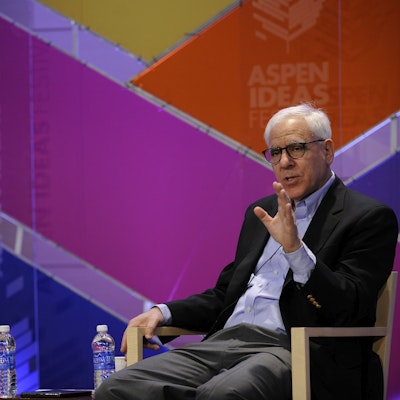
If you get through some difficulty and come out the other end, there’s a certain wisdom and perspective [that results].
Show Notes
What qualities make a good leader? Are leaders born with these attributes or can they be learned? In her seventh book, "Leadership in Turbulent Times," presidential historian Doris Kearns Goodwin writes about the lives of four presidents: Abraham Lincoln, Theodore Roosevelt, Franklin D. Roosevelt, and Lyndon B. Johnson. Though their backgrounds were different, these men shared a powerful ambition and resilience that carried them through hardship. Goodwin writes that they were “guided by a sense of moral purpose.” She speaks with Kitty Boone, vice president of public programs at the Aspen Institute, about how the presidents’ leadership traits can be adopted and used by aspiring leaders.
Explore
Related episodes


What might we learn from the past about the current state of politics and democracy in America?


Ruth Bader Ginsburg says her experiences as a female give her a unique perspective in court.


Bryan Stevenson, founder and director of the Equal Justice Initiative, speaks with Harvard President Drew Gilpin Faust about his organization’s efforts to build a museum examining the legacy of slavery, racial terrorism, segregation, and police violence.


Learn about early 20th century Supreme Court Justice Louis Brandeis, and why he matters today.


What were the ideals of the framers, and what can they teach us about modern American democracy?






